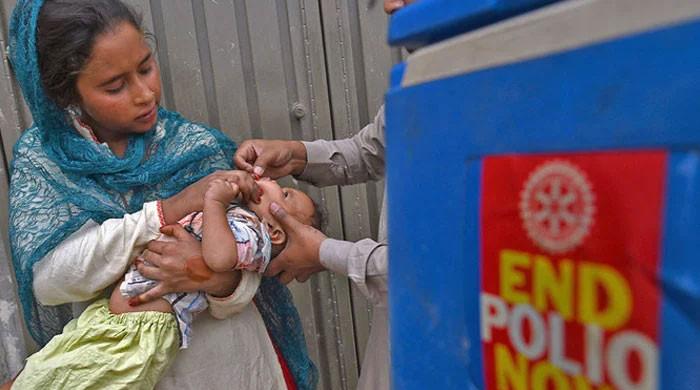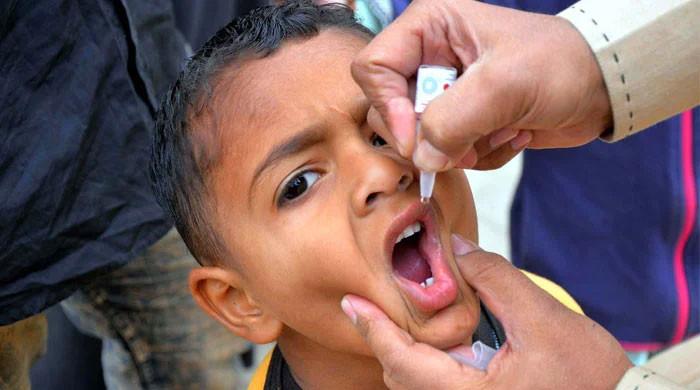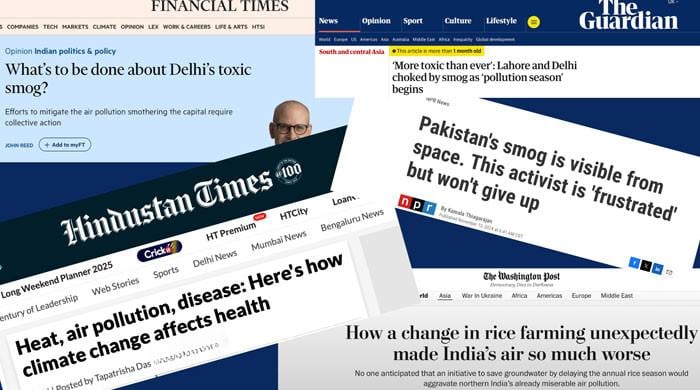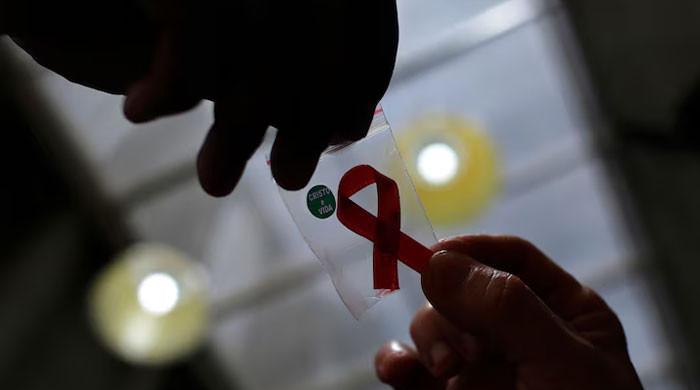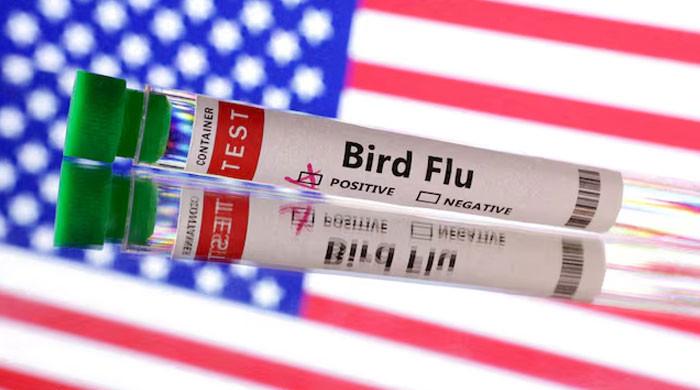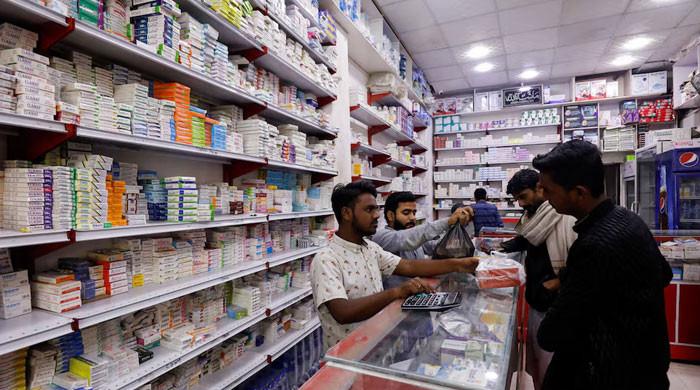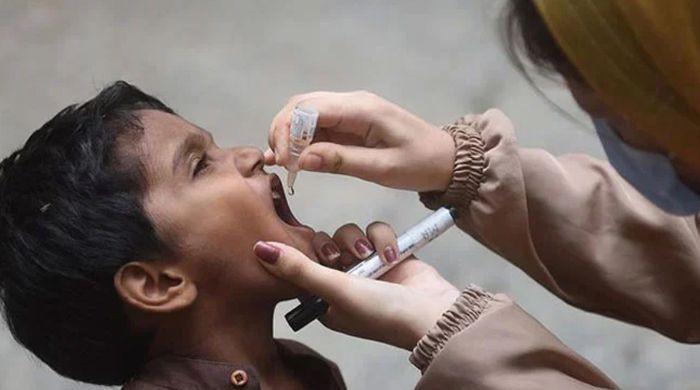'Visuals of genocide in Gaza have traumatised me'
"I want to understand how to deal with the trauma, especially as a guy"
January 24, 2024
Hi Haya,
I’m a media professional surrounded by news all around me. Even after I step out of my workplace, which is a bustling newsroom, I’m constantly notified about happenings not just in the country, but all around the world.
One of the biggest news at present has remained Israel’s war on the Gaza Strip, which has kept everyone updated about the evolving situation. As a journalist whose work involves keeping up with the latest updates on the development in the war-stricken region, I constantly have to follow each piece of information as well as videos and images of the genocide that Palestinians are being subjected to.
Horrific videos and photos of the massacre being committed are a reality that most people around the world are witnessing at the moment in real-time. While it is part of my job and that of other journalists to keep a tab on updates, what I’ve seen on the internet has left me traumatised to a major extent.
As this is not something I can avoid, not only because of my work but also as a human bearing the pain of precious lives lost, I want to understand how to deal with the trauma, especially as a guy, as we are expected to not express emotions and move on with life without complaining.
Please help!

Dear reader,
I want to express my deep empathy for your experiences and acknowledge the emotional toll that your work is taking on you, particularly in witnessing and reporting on a war, which can be immensely traumatising. As a therapist, I recognise the dual challenge you face of being professionally immersed and emotionally affected by the distressing nature of your work.
It is crucial to affirm that your feelings and experiences are entirely valid, irrespective of the professional context in which they occur. Given the nature of your job, I highly encourage you to actively prioritise your mental health during these challenging times.
Here are some essential steps that may aid you in taking care of your well-being:
1. Focus on the basics: Get enough sleep, hydration and nutrition.
2. Seek out a support system: Connecting with your colleagues who may share similar experiences. Building a support system within your professional community can be healing.
3. Exercise: This is critical for your mental health. Prioritise physical activity even if it is a short 20 minutes walk. Exercise can help release stress and trauma from the body.
4. Express yourself: Explore different forms of self-expression, which could be through art, music, meditation and journaling. Find what works for you.
5. Seek professional help: Working with a professional mental health therapist will allow you to unpack and explore your feelings and trauma and work towards healing.
As you navigate the challenges of trauma, it is essential to bring your nervous system to a rest stage and reflect on what empowers you and supports your thriving. How can you take care of yourself in a way that will allow you to show up better for yourself and others? What does that look like for you? Focus on that.
Next, I would like to address your concern about societal expectations related to gender, particularly the notion that as a man, expressing emotions may be perceived as undesirable.
I encourage you to reflect on these beliefs: Whose voices and beliefs are these? Do they resonate with your personal values?
Remember, you are in control of your life, and you have the power to choose how you want to live it. You can either make choices based on your values or live according to others' expectations. The power to choose is always yours.
In light of current events, I also understand the guilt that may come up for you for being able to take care of yourself at this time while you may see other journalists on-site in the Gaza Strip who do not have this privilege.
Allow these emotions and this experience to guide you towards discovering your purpose and finding meaning in this challenging time. Find your why.
Last but not least, I appreciate all your contributions and commendable work. I wish you healing, recovery, and also hope and encourage you to acknowledge and appreciate yourself for showing up and doing all the work you’re doing amongst a global catastrophe.
Best wishes for your well-being!
Haya

Haya Malik is a psychotherapist, Neuro-Linguistic Programming (NLP) practitioner, corporate well-being strategist and trainer with expertise in creating organisational cultures focused on well-being and raising awareness around mental health.
Send her your questions to [email protected]
Note: The advice and opinions above are those of the author and specific to the query. We strongly recommend our readers to consult relevant experts or professionals for personalised advice and solutions. The author and Geo.tv do not assume any responsibility for the consequences of actions taken based on the information provided herein. All published pieces are subject to editing to enhance grammar and clarity.






